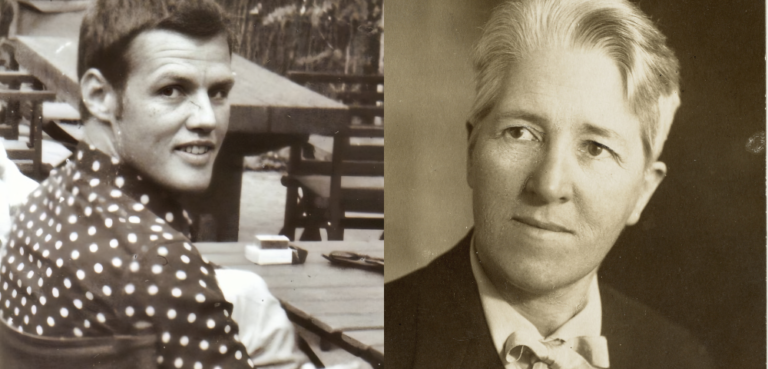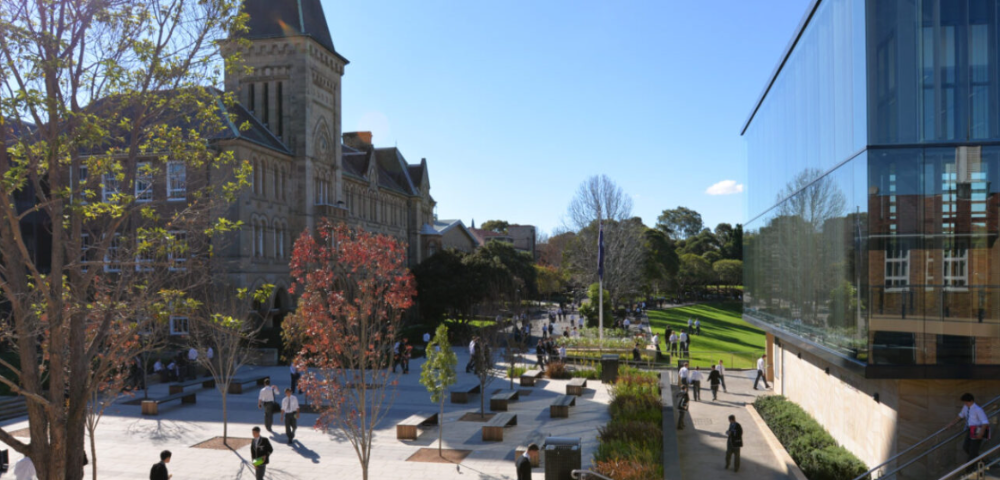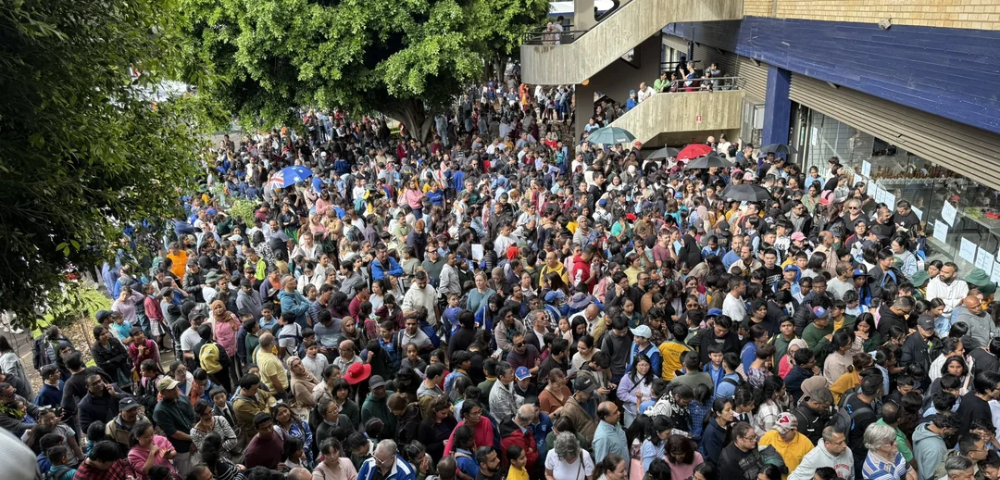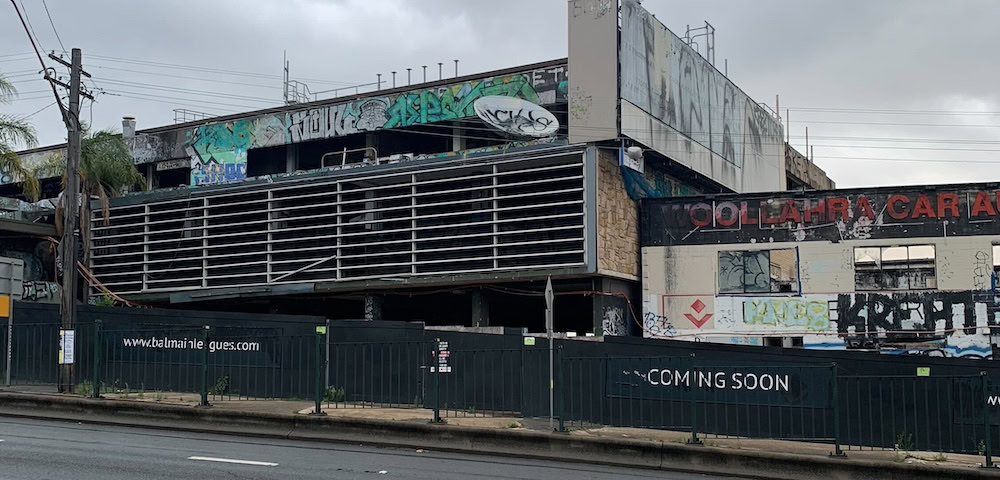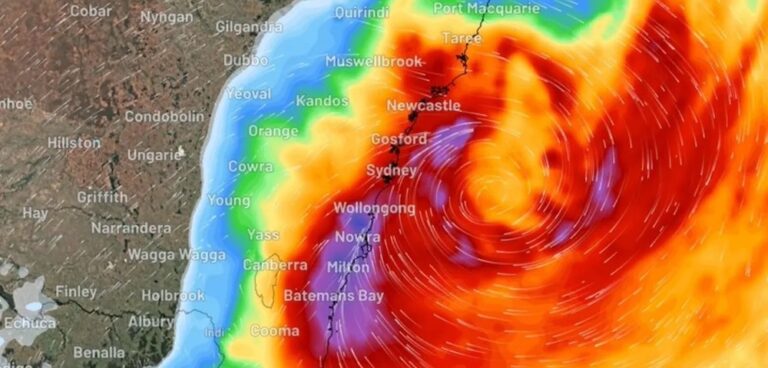
Parking meters run out of time

by Erika Echternach
Free parking after 7:00pm has been instituted in Sydney’s Inner West with the hopes of reviving its businesses, but it may be too little to reverse the toll that meters took on the area.
When meters and parking fees were introduced to the Inner West in 2001, they had a massively detrimental effect on businesses in the area, says John Stamolis, the Inner West Council councillor for the Balmain Ward.
The areas that have metered parking – Leichhardt, Balmain and Rozelle – saw a sharp decrease in visitors, with the number of paid parking tickets dropping from 25,000 to 19,000 in five years.
Mr Stamolis explained that the downturn in customers and revenue has had a devastating impact on local businesses being able to further their businesses and make investments.
“The economics is very broad, and it’s impacted our businesses very badly,” Mr Stamolis said. “If your business drops by half, then that expansion or beautiful upgrade you want to do, you don’t have the money for that anymore.”
In contrast, Annandale, the only section of Leichhardt to not get parking meters installed, has enjoyed flourishing businesses and thriving shopping centres.
Upon the initial proposal of parking fees, about 4,000 business owner names were signed to a petition in protest, Mr Stamolis said, but to no avail.
Since then, the last 17 years have been spent rolling out policy after policy trying to revitalise the area and undo the damage that parking fees have done.
Mr Stamolis said that none of the policies to date resolved any of the problems caused by introducing parking fees, although the latest policy has come close to improving the situation.
“7 pm free parking is the closest one,” Mr Stamolis said. “It’s new, so too early to tell at the moment but it doesn’t seem to be going to produce massive outcomes.”
Recently, the NSW Government has also taken notice of the problems posed by high parking fees, cutting parking fines by 25 per cent from $110 to $80 beginning July 1, and vowing to roll out legislation granting councils greater flexibility in crafting their own parking regulations soon.
Colin Hesse, the Inner West councillor for the Marrickville Ward, said it was better to keep parking fees within the community because the state bureaucracies tend to make some ill-informed decisions.
Mr Hesse said there needs to be a conversation about how many cars the area can support.
It is already a struggle to support the current high rate of car ownership, so Mr Hesse said progress would be driven by planning the public transportation system better to effectively reduce motorist traffic.
“There needs to be a massive increase in public transport,” Mr Hesse said, adding that the light rail network could be expanded and improved.
Mr Stamolis suggested timed free parking, noting that the two concepts were not mutually exclusive.
“My solution is free parking, but timed,” Mr Stamolis said.
Marie Sheehan, the former mayor of Leichhardt, warned against thinking of free parking as a magic wand to fix the decrease in businesses’ customers.
“Saying that parking is the only factor is a bit simplistic,” Ms Sheehan said. “The issues are much more complex than paid parking.”
Ms Sheehan said more research needs to be done into developing the local economy and the barriers facing Inner West businesses, such as who’s going where to eat. For example, takeaway has become extremely popular as well as going to shopping centres to eat, which used to be unheard of.
Ms Sheehan also noted that most of the new businesses opening are not in retail, but entertainment. Because of modern shifts in lifestyle, economic research would have to be poured into figuring out the changes in consumers’ preferences for Inner West businesses to properly target different demographics.
“There’d have to be a really good economic plan about trying to get people back to those businesses,” Ms Sheehan said.
However, Ms Sheehan agrees that doing away with parking fees is a step in the right direction.
“I think it’s a good idea,” Ms Sheehan said. “It’s much more complicated than just switching off parking meters but why not?”
Based on the negative effect that meters have had on the areas in which they were installed, it was decided not to introduce new meters in Ashfield, Mr Stamolis said. If meters were deemed too detrimental to be installed, why are they being kept in the areas where they are already in place?
A possible answer could be that the Inner West Council makes $13,280,532 off parking fines, putting it in second only to City of Sydney on the list of councils making the most off parking fines.
Once the councils are officially given freedom from the NSW Government to fine as they see fit, whether Inner West parking meters remain will be telling.



